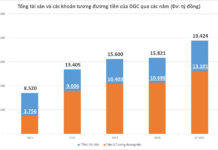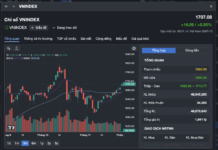Bloomberg chatted with some of the top financial experts, asking them to share their own investment experiences and, more importantly, what they learned from those experiences.
The most valuable investment lesson I learned is?
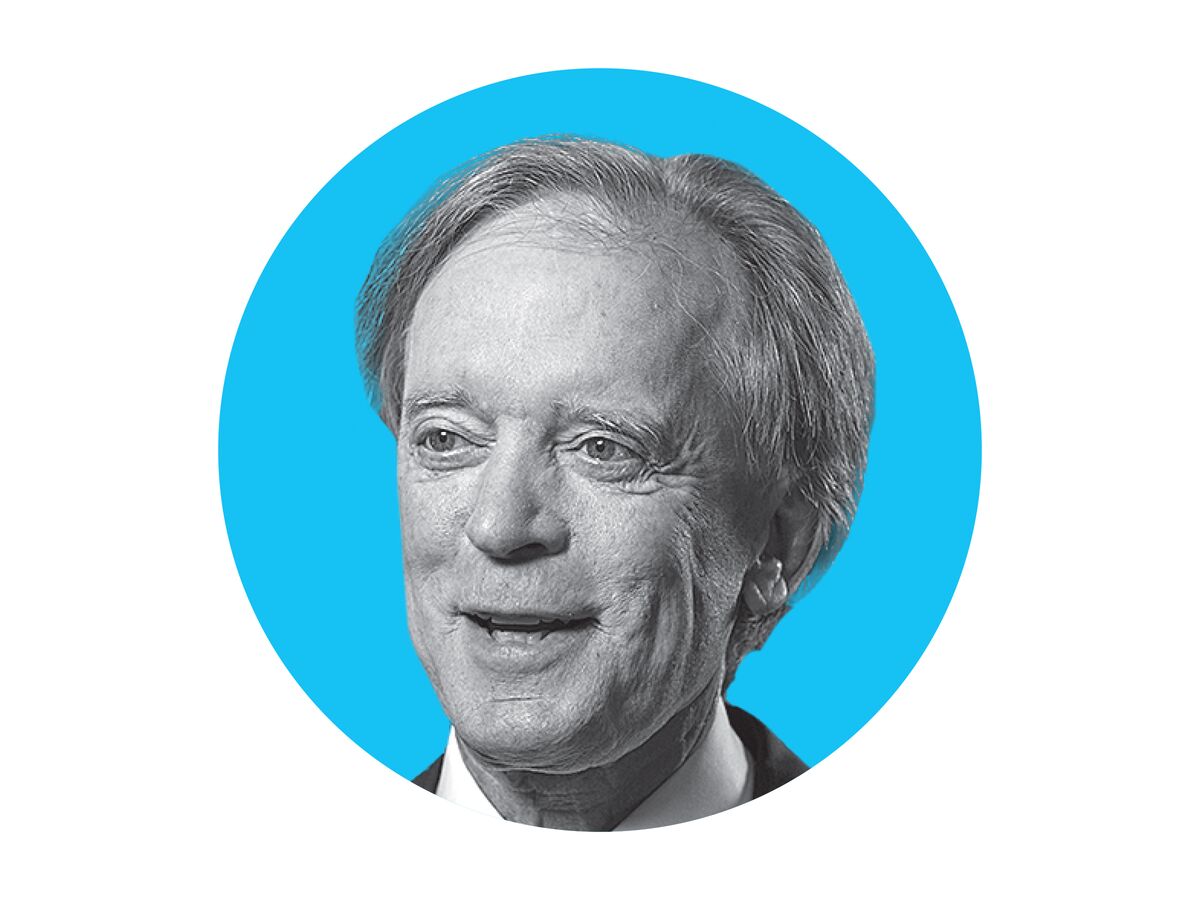
Bill Gross
A philanthropist and investor, co-founder and managing director of the world’s largest bond fund Pacific Investment Management Co.
I learned an expensive lesson early on about the dangers of leverage. In fact, I bought US government bonds with 10:1 leverage just a few months before starting my career at Pimco.
At that time, I had saved up $10,000 from my previous investments—a process that had taught me that any bets should be limited to 3% of your liquid net worth. I completely ignored that rule when I decided to buy $100,000 US government bonds with a 30-year maturity, but within a few weeks, those bonds depreciated, causing me to lose half of my savings. I may have made many mistakes over the next 40 years in the bond market, but none as significant (in percentage terms) as that one.
The lesson? Gambling belongs in the casino. Investing requires caution and avoiding excessive leverage.
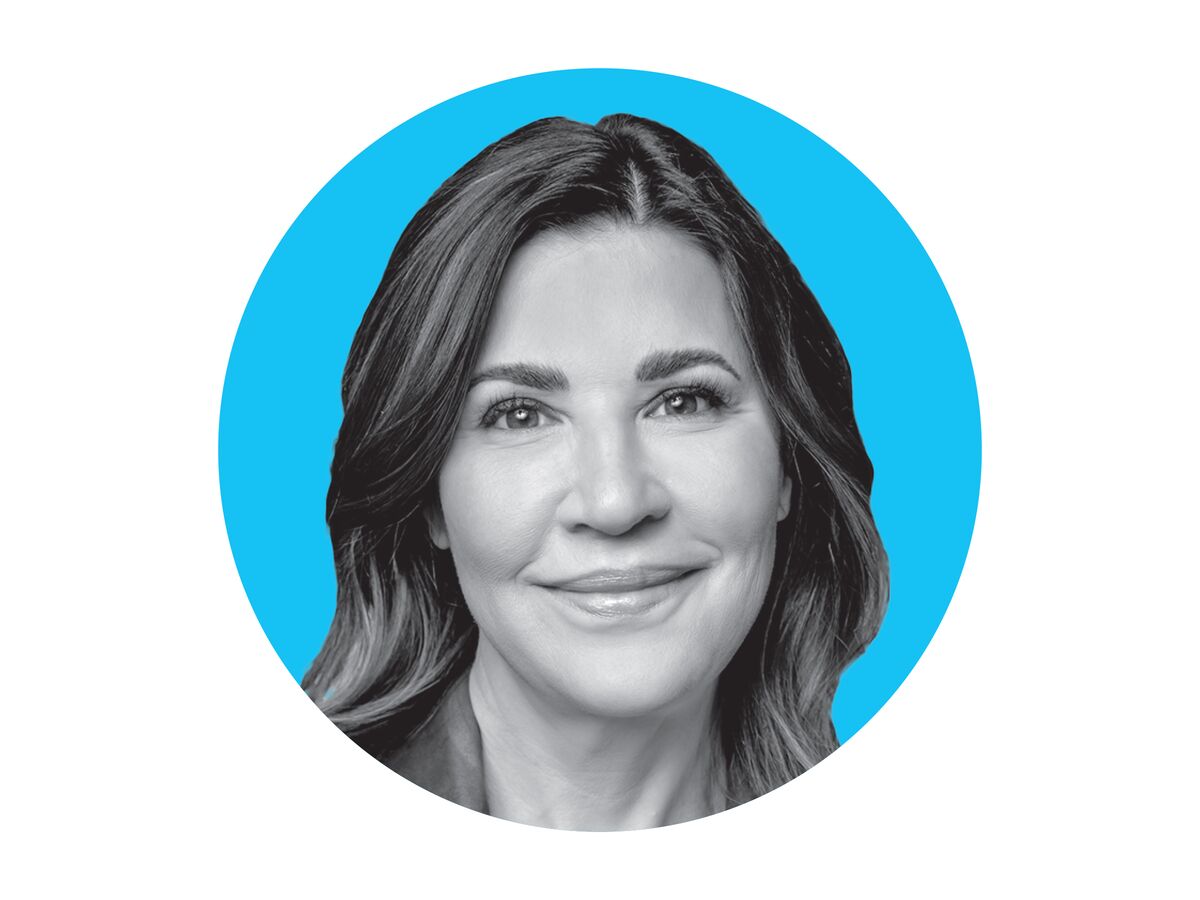
Ann Miletti
Managing director of equity investments for Allspring Global Investments
Trust your instincts. In the early 1990s, I sat in a meeting with a leading pager manufacturer along with a member of our investment team. The company was introducing a product that would charge users a fee. When we tested it, I estimated that the fee would be $300/month, while the senior members in the group estimated $500/month.
My instincts and what I knew about the company told me that their target customers couldn’t afford to pay even $100/month for this product. But we still held onto the stock because I trusted the spreadsheet and the higher-ups’ numbers – because I was young then, still learning about the industry and doubting myself. I should have argued against that decision, but I didn’t. The company went bankrupt two years later. We had sold it prior, but it was still a bitter lesson.
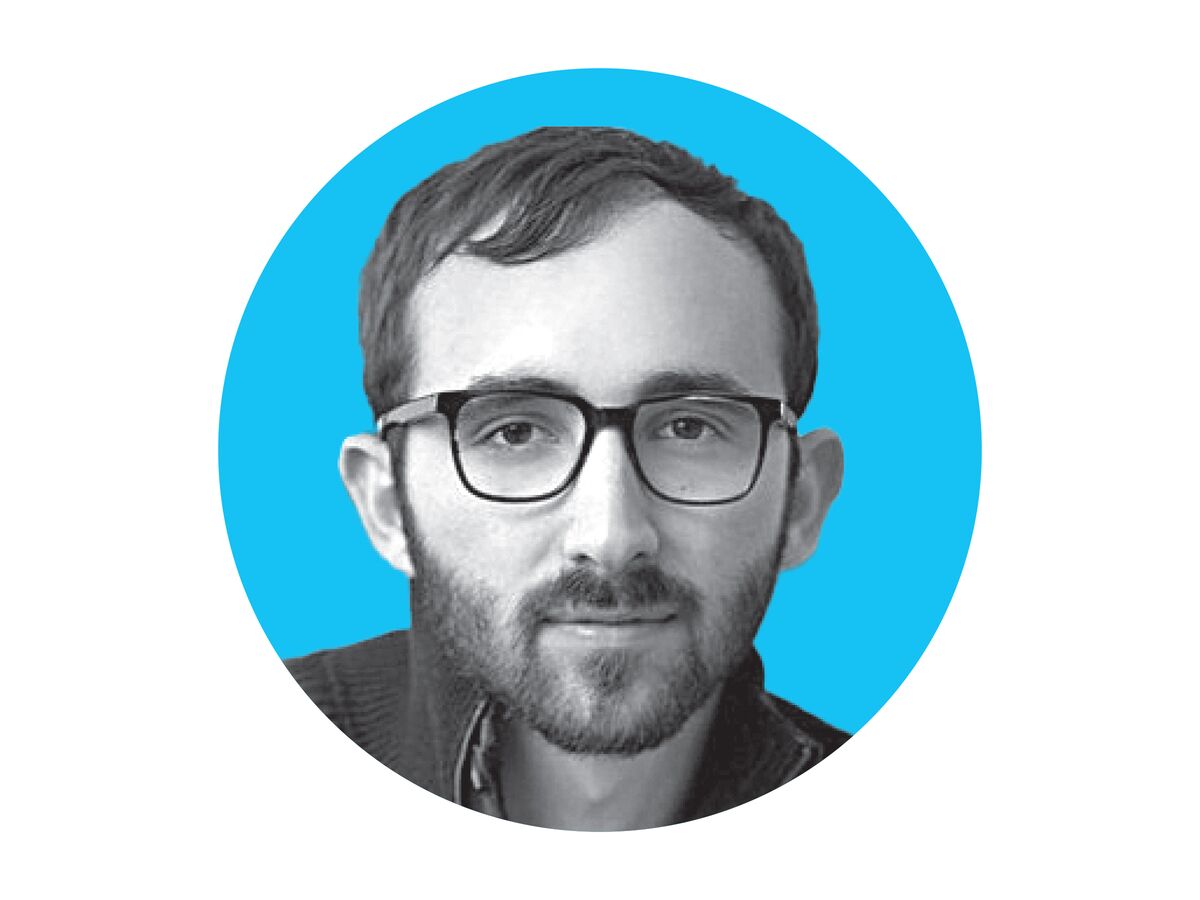
Alex Pack
Managing partner of Hack VC
Investing is a team sport, not a solo performance by a genius. It’s about who you collaborate with. Even Warren Buffett needs Charlie Munger, and Horowitz needs Andreessen.
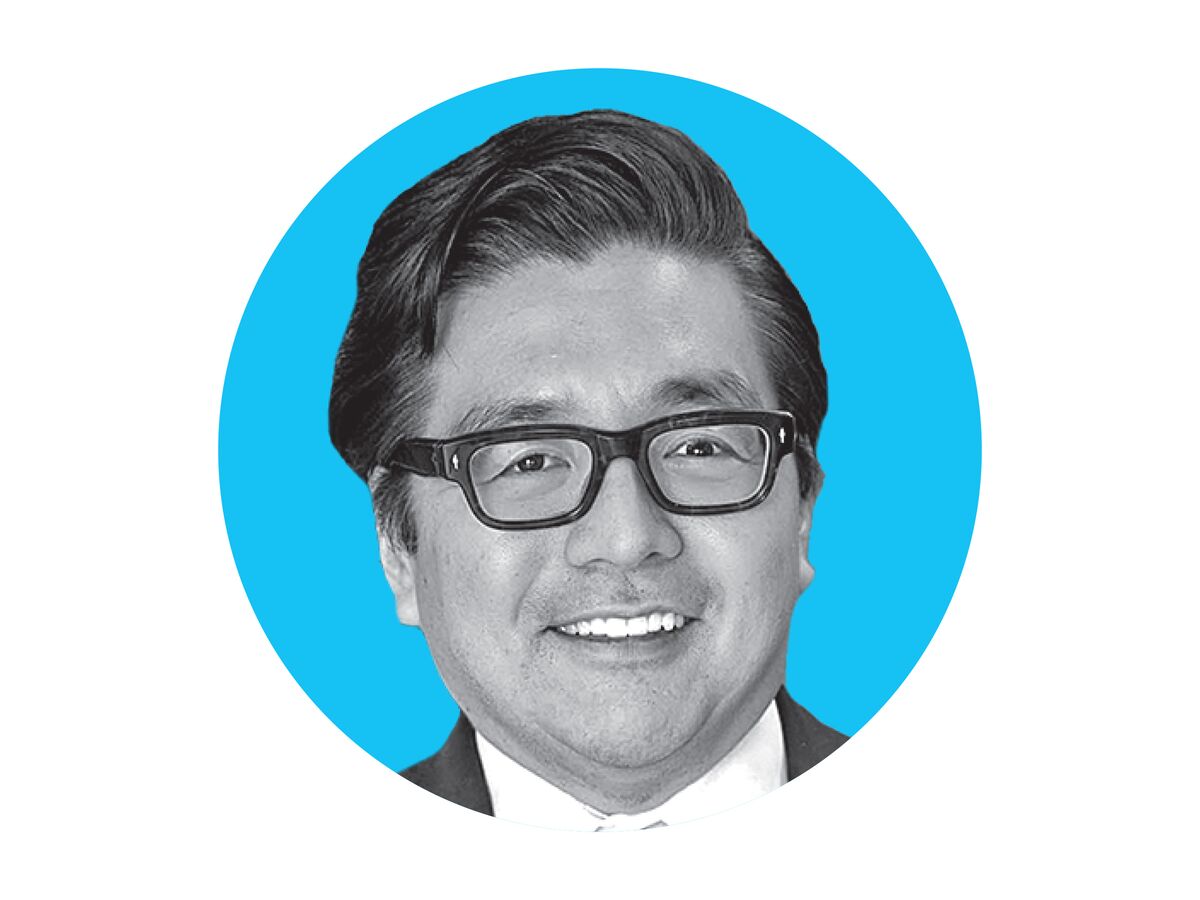
Thomas Lee
Managing partner at Fundstrat Global Advisors
I learned many years ago that good news for a stock doesn’t necessarily mean the stock will rise. The important thing is to understand whether that good news has already been priced in.
I used to be an equity analyst covering wireless communications. I spent hours studying companies that I thought were likely to announce high earnings. But often, when companies reported big earnings, the stock price didn’t go up. From that, I learned that the issue was how good the news was relative to investors’ expectations. That greatly influenced my worldview of the market going forward.

Abby Miller Levy
Co-founder of Primetime Partners
Patience is difficult for investors. We are currently focusing our risky investment capital into products and services that extend longevity.
In this field, new products and services often take longer to gain acceptance, especially in tightly regulated segments like healthcare and finance.
We’ve learned to be cautious of unrealistic claims of quick market penetration or acceptance and only invest in companies providing “must have” services, addressing urgent problems, rather than companies providing “nice to have” services.

Shuhei Abe
Founder of the Sparx Group
In 2002, I presented to a well-known American pension fund advocating for them to invest in a fund that specialized in engaging insiders and outsiders in Japanese companies. We partnered with Japanese companies to persuade them to change with a view to increasing company value. I secured $200 million for the seed round, and that money subsequently grew to about $3 billion.
But then the global financial crisis hit in 2008, the pension fund decided to withdraw the money, and we had to wind down the fund. I regret having to stop the strategy I was developing at that time. If we hadn’t wound down and had continued to hold the investments, we would have had an investment that tripled in value within a few years, and a company that was acquired. We could have developed faster and become “KKR of Japan.”
Today, engagement (how to engage insiders and outsiders to increase company value) is a widespread strategy in Japan. That regret has inspired me not to give up on ideas and beliefs that I know will succeed in the future.

Christine Phillpotts
Portfolio manager for value strategies in emerging markets at Ariel Investments
The key is understanding the stakeholders in an investment, including the government. For example, capital controls in Nigeria and Turkey’s extraordinary monetary policy created pressures on exchange rates and liquidity for a time. So, we invested in Nigerian and Turkish exporters—businesses that benefited from the depreciation of those currencies.
But as a USD investor, the currency depreciation and concerns about not being able to get cash out of the country overwhelmed the potential profit growth. Governments in developed and emerging markets don’t always make decisions that are in the best interests of stability and growth.

William Bernstein
Director of Efficient Frontier Advisors and author of The Four Pillars of Investing
The big idea is understanding the relationship between investment capital and human capital. An individual’s total wealth consists of both investment capital and human capital.
45 years ago, I was a young neurologist who owned a lot of human capital—a relatively safe asset, much like a bond.
In the early wealth accumulation stage, stocks are far less risky, but as you near the end of life when health is failing, stocks are extraordinarily risky for you. But when you are young, you have a lot of human capital but not much capital to invest, so it is hard to invest heavily upfront. If I had understood that, I would be wealthier today, though probably not happier.
Kim Dung (According to Bloomberg)












